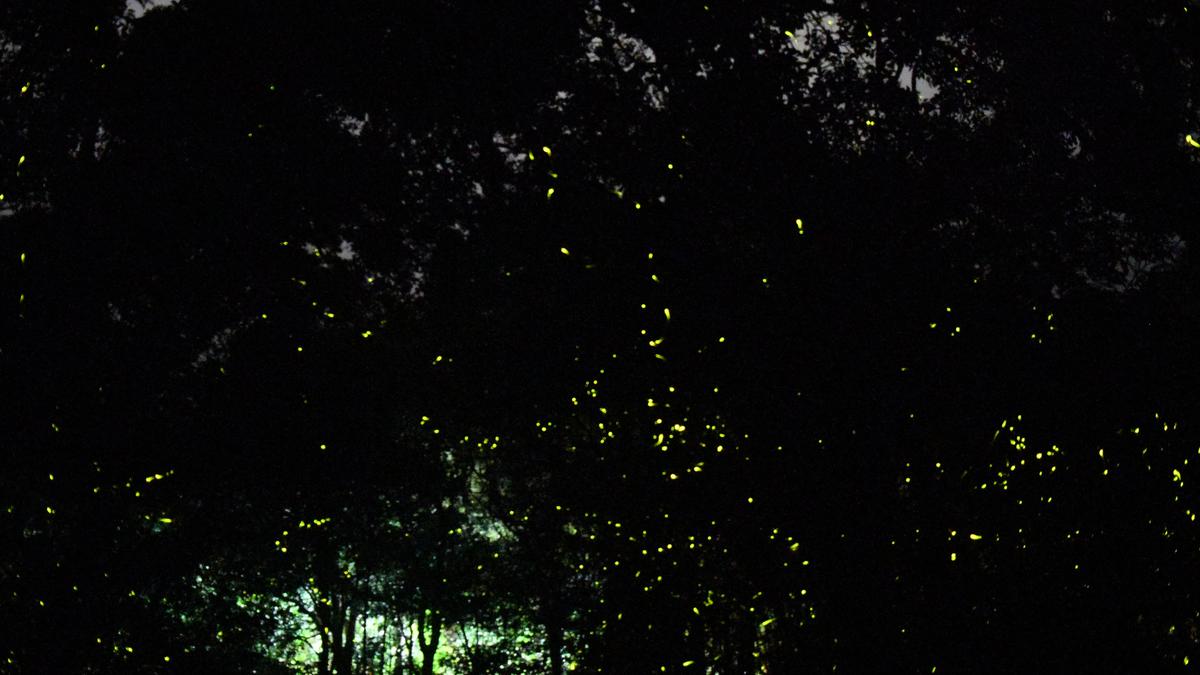
Twelve firefly hotspots identified in Bengaluru Premium
The Hindu
Researchers from the Environment Management and Policy Research Institute (EMPRI), Bengaluru, have identified 12 firefly hotspots in the city. The hotspots have been identified as part of an ongoing study that aims to conserve fireflies and their habitats and assess the firefly population and diversity in Karnataka.
Researchers from the Environment Management and Policy Research Institute (EMPRI), Bengaluru, have identified 12 firefly hotspots in the city. The hotspots have been identified as part of an ongoing study that aims to conserve fireflies and their habitats and assess the firefly population and diversity in Karnataka.
Congregations of the fireflies have been sighted on the campuses of the National Centre for Biological Sciences (NCBS), GKVK and Sambhram College, Jarakabandi State Forest in Kammagondahalli, Institute of Wood Science and Technology, Forest Nursery at Hebbal Tank, Hessaraghaatta Tank, Bannerghatta National Park, Kaggalipura, Nandi Hills, Art of Living ashram, and H Cross.
“There was a consensus among the forest officials that there is a decline in the population of fireflies in urban, semi-urban and rural areas in Karnataka. So, the Forest Department requested us to take up a study on why it is happening,” said A.K. Chakravarthy, research scientist at EMPRI and principal investigator of the study.
Researchers at EMPRI were surprised to see that there existed no documentation on fireflies between the 18th and 21st centuries. The team, therefore, had to resort to literature from Malaysia, Indonesia, Australia, The United States and Africa.
Fireflies are ecologically crucial as they are indicative species of climax ecosystems which are systems operating at their peak levels. The most productive systems on the planet, these include ecosystems like mangroves, tropical forests and wetlands.
“The lifecycle of these enigmatic beetles is intertwined with the elements of other kinds of ecosystems and they act as prey as well as predators,” said Dr. Chakravarthy.
He noted that fireflies are economically important too as they spend 90 per cent of their lives as larvae in the soil feeding on soil arthropods and keeping the population of some pest species under check.













